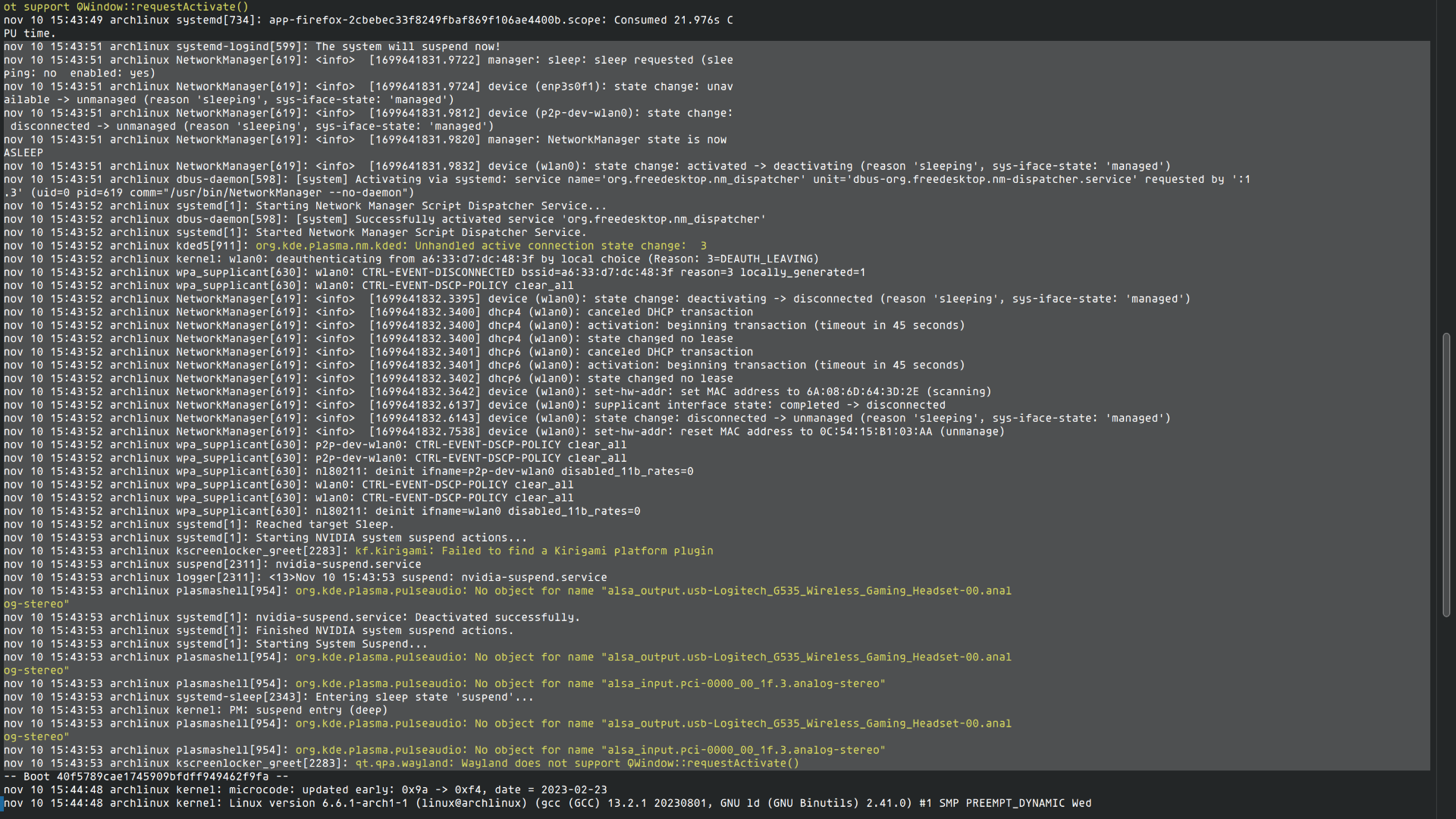Not fun is pressing play one day and finding a big chunk of your carefully constructed playlist is "no longer in your library."
this is exceptionally true from my experience with Spotify. I had downloaded a playlist that had a specific song. One day I went to play my locally downloaded playlist only to glance over it and see that the song was unavailable. I had the song downloaded. In my device and it still removed the song. No warnings, no nothing. Ever since, I downloaded everything locally and completely ditched Spotify. Fuck this scummy behaviour

That's fair, but at least they could say something like "you can download our songs for as long as we allow it" and not "you can download your favourite songs and listen to them any time, anywhere" when that is only partially true, since, if someone has a playlist downloaded (still talking about personal experience) and they go offline for a long period of time, they can no longer play the songs and are required to get an internet connection only for spotify to audit and say "yeah you still have a valid subscription, you can still listen offline". It's not truly offline if I have to connect to the internet every once in a while.
Again, it's completely fair, but they could at least tell more than half-truths